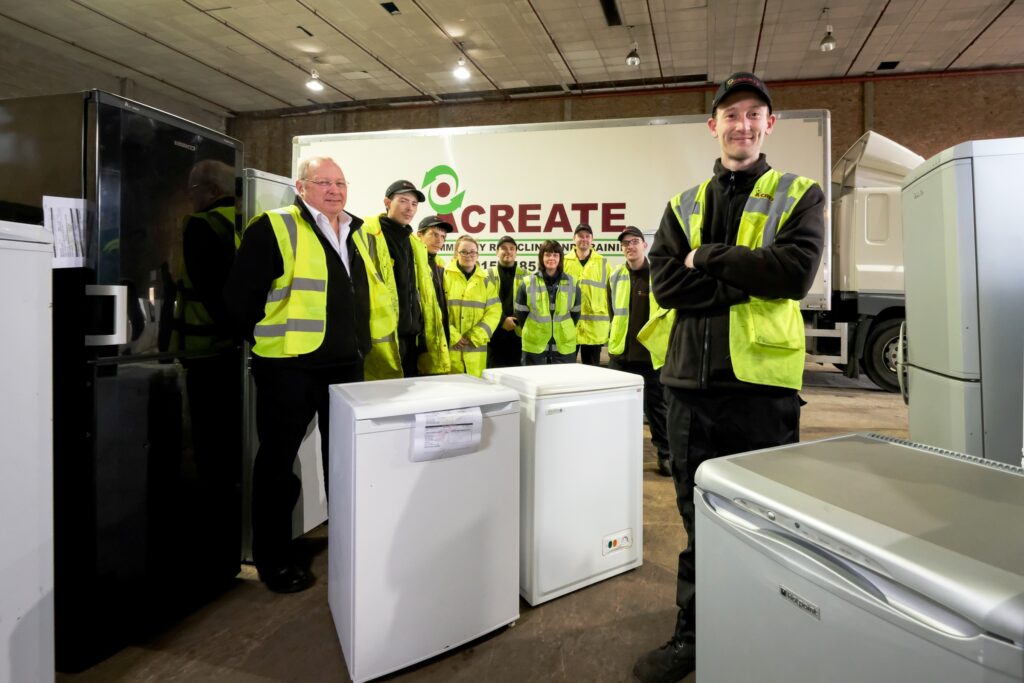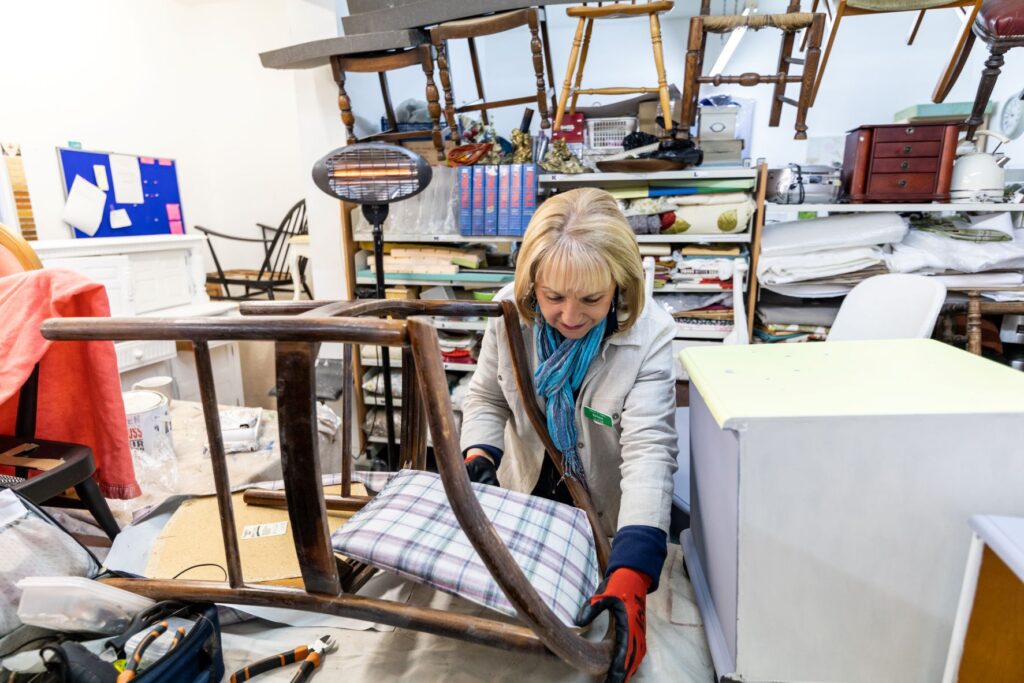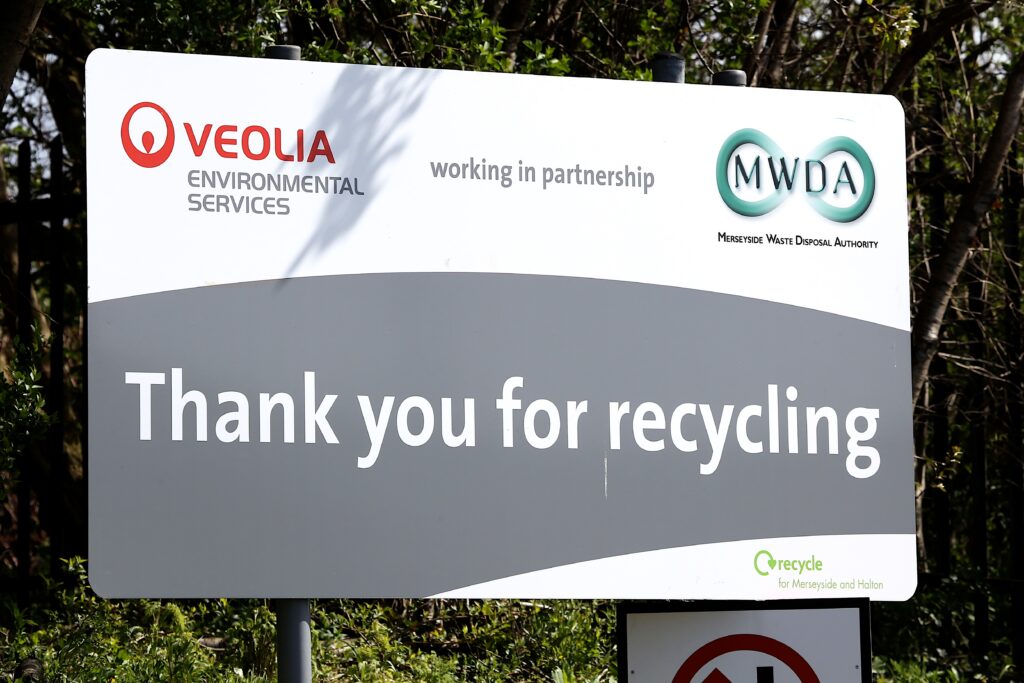For business to achieve zero waste, they must transition to a circular economy.
The circular economy can benefit businesses by guiding them to become environmentally, socially, and economically sustainable, it reduces our impact on the earth and cares for our global society by reducing the number of resources taken from the earth and ending the need for waste.
The circular economy requires a whole system change and business is essential to this change. By respecting the inherent value of the materials and resources business can do their part to reduce their carbon impact.
A change in mindset can support businesses to create a thriving economy by giving them the language to demonstrate their positive environment and social impact. This language can be used to give businesses an edge against competitors.
Here are some circular business models that could be used by your business.


Consumers often want new products even though the ‘old’ version is still in good condition. Reuse, resale, and redistribution can earn revenue and improve an organisations sustainability credentials and could mean exploring a business model of maintenance and improvement rather than manufacturing new products.
In a circular economy, products do not become waste because they have been replaced by a newer one.

Many people lease cars and rent houses, yet people buy a drill because they want holes in their wall or buy a washing machine because they want to wash their clothes at home. Renting products means repair, replacement, and improvements can be made by the manufacturer swiftly causing no loss of service to the consumer.
In a circular economy, overconsumption is tackled through new business models, helping consumers and businesses reduce their carbon footprints.


It is often easier for consumers to buy a new product rather than to repair a broken one. Products are not designed to be repaired and the market is geared towards consumers making new purchases rather than gaining maximum value from what they already have.
In a circular economy, products are designed so they can be easily repaired and there are businesses that provide repairing services locally.

Some circular business models reacquire products to be returned from consumers to the manufacturer or retailer for them to be reused, repaired, updated, or recycled. Products could be sold through a subscription model or rented rather than sold. Furthermore, the manufacture might be best placed to effectively recycle a product.
In a circular economy, products are returned to those who specialise in that product so maximum value can be gained through repaired, reselling, redistribution, or recycling.


Recycling is the last opportunity for resources to gain maximum value and is the best option when a product has reached end-of-life. Designing products so they can be easily disassembled and having disassembly within a business’s operations greatly aids the process of recycling.
In a circular economy, products are made using as few different materials as possible and are easy to disassemble.

This community focused model can use renting and borrowing to monetise the model and allows many people to benefit from a products function. The other element to this model can be applied to business-to-business sharing meaning organisations share resources to split the cost and reduce carbon impact.
In a circular economy, every product is used frequently by multiple people meaning a product achieves its maximum value before end-of-life.

Supply chain falls under scope 3 emissions, which if included in carbon accounting, is often the largest part of an organisations carbon footprint. Businesses can incentivise circular practises when awarding contracts, as well as discussing with existing suppliers’ ways each business can support each other to become more environmentally and socially sustainable.
In a circular economy, every business and organisation seek to gain maximum value from resources, respecting our planetary boundary and our social foundation.

